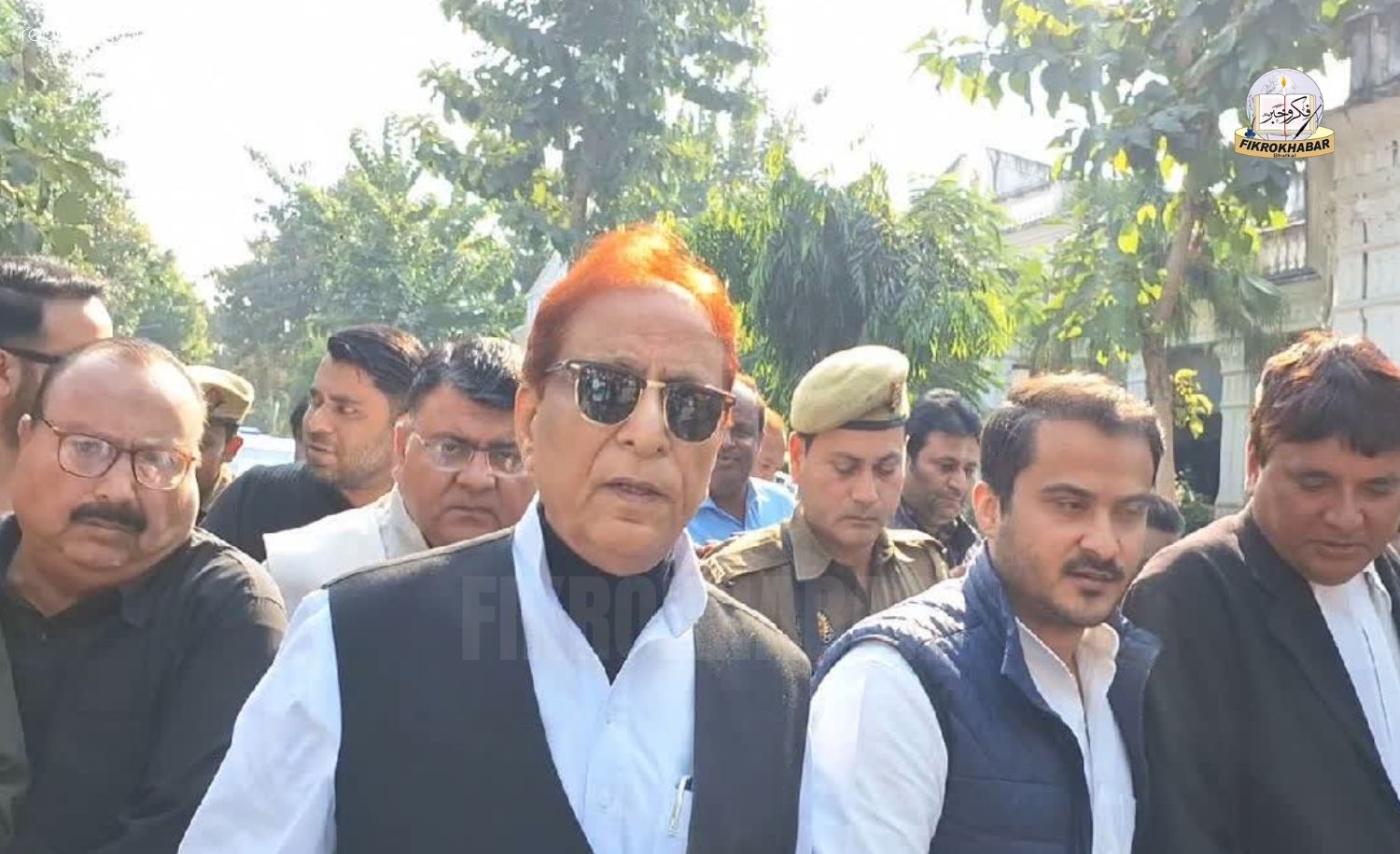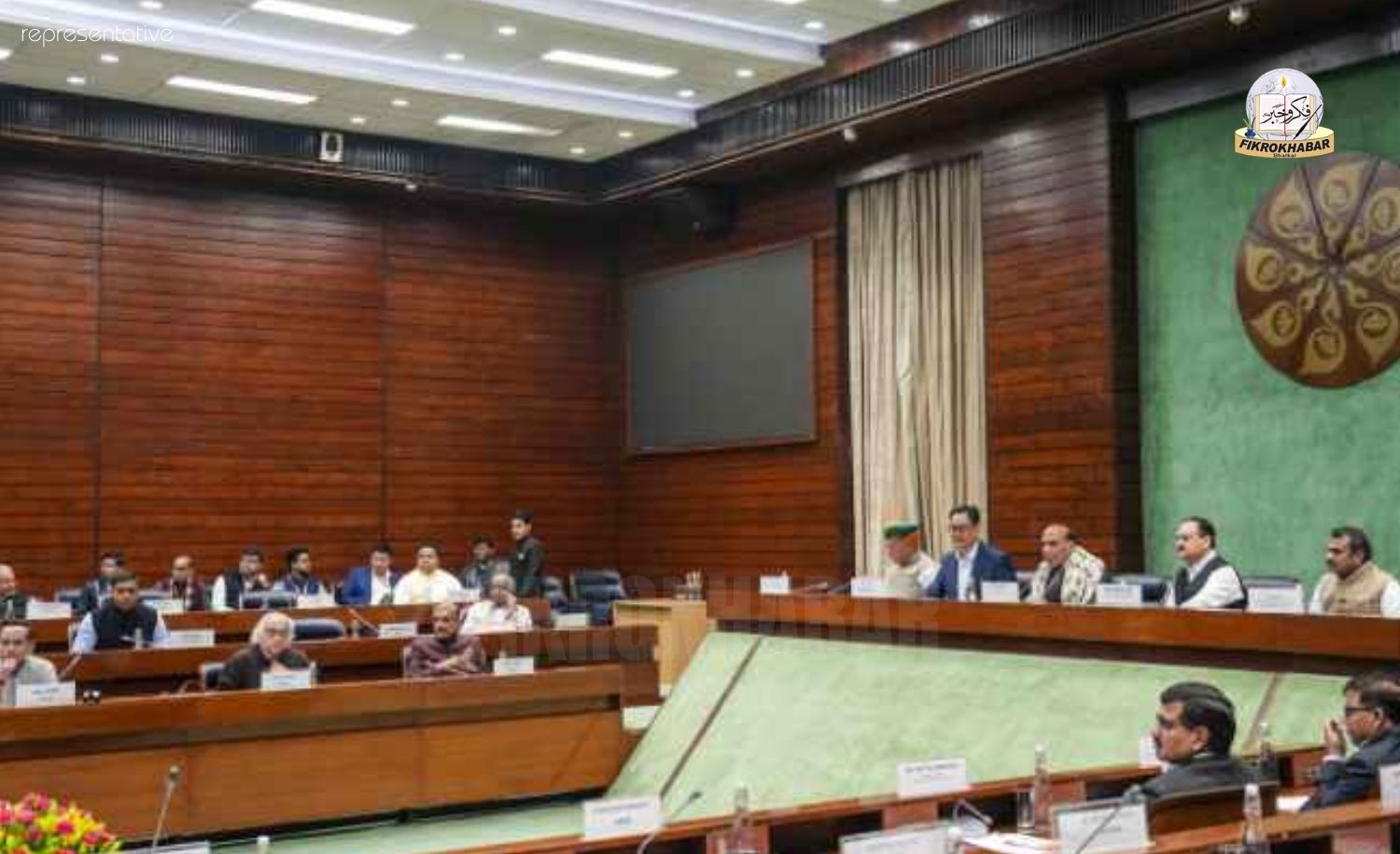Supreme Court Gives Four Weeks Protection to Journalist Abhisar Sharma in Assam FIR Case

New Delhi: The Supreme Court on Thursday granted interim protection to journalist Abhisar Sharma for four weeks in connection with an FIR filed against him in Assam over a video commentary. The court said the protection is meant to give him time to move the Gauhati High Court for relief.
A bench of Justices M.M. Sundresh and N. Kotiswar Singh refused to quash the FIR but directed Sharma to challenge it before the High Court. At the same time, the top court agreed to examine Sharma’s plea questioning the constitutionality of Section 152 of the Bharatiya Nyaya Sanhita (BNS), which deals with offences against India’s sovereignty and integrity.
Senior advocate Kapil Sibal, representing Sharma, argued that Section 152 was being used as a broad and vague tool against critics of the government, just like the sedition law (Section 124-A of the old Indian Penal Code) which the Supreme Court had earlier put on hold. He urged the court to intervene, saying, “This is not fair. What has the journalist done?”
The bench, however, maintained that the High Court should first deal with the FIR. “We will protect you, you go there,” the judges said, extending four weeks’ protection from arrest.
Allegations in the Case
The FIR was registered on August 21 this year on a complaint against a video posted by Sharma on his YouTube channel. In the video, he had questioned the Assam government’s decision to allot nearly 3,000 bighas of tribal land to a private company. His commentary, according to the petition, was based on facts already discussed in Gauhati High Court proceedings, and included video clips of the chief minister’s previous statements.
The plea filed in the Supreme Court said that Sharma’s video was meant to highlight issues related to tribal land rights, environmental concerns, and accountability in governance, and did not promote violence or disorder. It described the case as “a misuse of Section 152 BNS to stifle dissent and press freedom.”
Larger Concerns Raised
The petition also pointed out that several journalists across India face similar FIRs merely for reporting or expressing criticism of government actions. It argued that prosecuting journalists under a law that carries possible life imprisonment for such acts is a “serious threat to freedom of speech and the press.”
The Supreme Court has asked the Centre to submit its response on the challenge to Section 152 BNS.
Source: Court proceedings/agency reports



